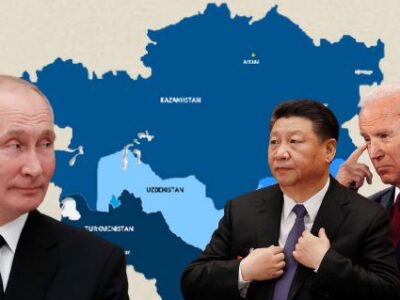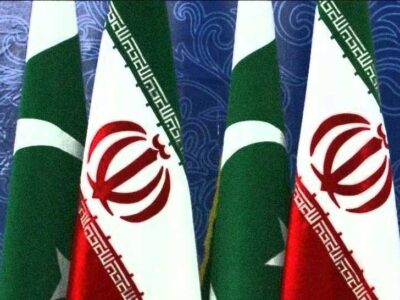Alaiza Farid
In the dynamic political climate of Europe, the re-emergence of populism in support of far-right and reactionary rhetoric has raised questions on the characterization of the continent as a model melting pot of cultures, where the liberal values of tolerance and liberty are ever-present and protected for all. “Gone are the days of prejudice and discrimination” was the claim. Alas, the current political drift being witnessed contradicts this. From divisive sloganeering by politicians, such as Greet Wilders, who go as far as saying “Islam does not belong in the Netherlands,” to mass shootings in mosques, as was seen recently in Halle, Germany, something is gravely wrong in Europe. It is therefore important to understand what the problem actually is.
Fundamentally, the term ‘Islamophobia’ refers to prejudice against Muslims. The Syrian Refugee Crisis of 2011 and the wave of terrorism by radical Islamist groups such as al-Qaeda after the 9/11 attacks are often cited as watershed moments in the activation of Anti-Muslim sentiment in the region. Though Islamophobia amongst individuals is, in and of itself, a major issue, the assimilation of these attitudes in groups and institutions is a far bigger worry. In 2020, the Austrian government set up a documentation center to blacklist Muslims. Denmark, for example, banned the full-face veil worn in public places by Muslim women in 2018, becoming one of the many states following suit after it was initially banned by France in 2011.
The ongoing trend seems to indicate that, to characterize the issue of Islamophobia in Europe as one that is minor, would be extremely simplistic and even naïve. This generalization fails to grasp the intricacies behind the phenomenon we are witnessing. The support for right-wing reactionary rhetoric has substantially increased in the continent, as was seen recently with the election victory of Giorgia Meloni in Italy, which has bolstered pre-existing Islamophobic attitudes. On the other end, it is also important to be cognizant of the fact that the severity of this crisis is, at times, overly-exaggerated as well, with an alarmist, doomsday-esque scenario being painted for the Muslims of Europe, Holocaust references being made, the term ‘genocide’ being open-handedly thrown around, and zero practical solutions being provided. To ignore this would be equally irresponsible.
Therefore,instead of adopting a reductionist approach that completely dismisses the merits of the other perspective, a more nuanced approach must be taken, under which there is an acknowledgment of the fact that a problem exists and that the groundwork for a potential upheaval is being laid. Going unaddressed, the problem may get out of control, resulting in detrimental consequences. The pendulum will swing both ways, resulting in a cycle of radicalization and intolerance where the European states may crack down harder on Muslims.
What further aggravates the crisis is the fact that there is also reluctance on part of European nations to even accept that there is a problem that exists in the first place. Oftentimes, governments end up trying to rationalize their actions against their Muslim populations, claiming that security concerns demand such responses. While the innocent lives lost to terrorism in Europe must not be ignored, it is also critical to recognize that vilifying Muslim populations will not end up resolving much. Instead, it may hit back harder. What states like France fail to recognize is that prejudice, at the end of the day, regardless of how tactical it may seem, will remain just that, prejudice.
To appropriately address this issue, an empathetic approach over a hostile one must be taken by the nations of Europe, under which there is less divisive rhetoric from political leaders for the masses, an awareness of radical elements that may exist, and the availability of rehabilitative services to correct those anomalies. Muslim communities and Islamic states can also play a critical role in ameliorating the crisis. However, they too, need to be empathetic. They should focus on putting emphasis on spreading awareness, protesting and reforming rather than attacking, inciting violence and aggressing. In this channel of empathy lies the solution to the problem of Islamophobia. This remedy that requires mutual cooperation and compassion is not one that is utopian but a growing reality.
On March 15, 2022, the United Nations General Assembly passed a resolution, on the initiative of Pakistan, declaring the day as the International Day to Combat Islamophobia. Though some can argue that the step is a surface-level response to the emergency, it is undoubtedly symbolic and unprecedented in the sense that it illustrated a near-universal acceptance that a problem with prejudice against Muslims actually exists and requires condemnation on a global scale; something that had been contested strongly by states like India and France for years. Measures similar to this set the foundations to counter Islamophobia, a project that requires patience, effort, and dialogue. Sheer antagonism from either side has rarely ever been the answer to such complex affairs. It is unlikely to be the answer now.
Alaiza Farid is a BS Social Sciences’ student at the School of Integrated Social Sciences, University of Lahore.






Comments